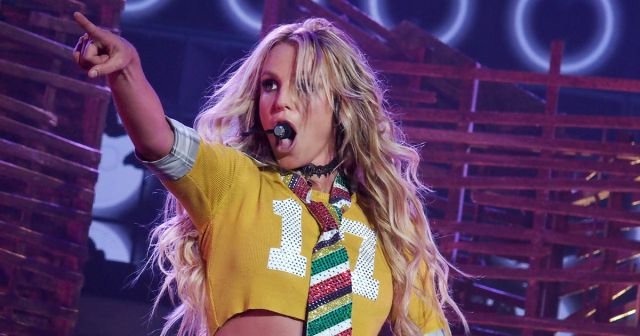The dance floor was packed. The speakers were blasting Christina Aguilera’s “Genie In a Bottle,” there were bright pink balloons all around us, and glitter was strewn across the floor. The DJ on stage was vibing, and I was lost in the element.
This wasn’t my bat mitzvah in 2004. This was a Saturday night in Brooklyn, 2018.
Candi Pop, a ticketed 21+ dance party hosted in various cities across the country, calls itself a “bubble gum pop dance party” — favored artists include the Spice Girls, Backstreet Boys, Mandy Moore, Miley Cyrus, and Madonna. But to me, this party is about more than just the songs: it’s being on a packed dance floor with your peers, screaming out the lyrics you’ve pretended you forgot, and knowing that you’re all here for the same reason. That you all connect over this.
There’s something really unique about millennials. It seems we crave nostalgia more than previous generations. We idolize the time that’s passed. We create listicles upon listicles of the TV shows and toys and fashion accessories we miss from our youth (looking at you, butterfly clips). We’re also seeing this on TV, where every other show is either a reboot of an old favorite, or originals meant to feel like old favorites, a la Stranger Things . Let’s not forget Throwback Thursdays — the weekly hashtag seen all over social media.
I often wonder if this is a phenomenon of “adulting” — that when it’s hard to figure out how to handle independence, we wish to revert back to being children. Whatever the case may be, it seems that nostalgia has become more of a bonding factor than anyone could’ve anticipated. In recent years, New York (and other cities) have seen a flurry of events rooted in nostalgia. These events reach out to people in their 20s and 30s who want to spend a night pretending they don’t have the responsibilities or pressures of adulthood on their shoulders.
Beyond Candi Pop, which was so successful the night I attended that they’re now a mainstay at Baby’s All Right in Williamsburg, there are parties like Emo Night — a monthly event that started in the basement of a bar in Williamsburg that no longer exists, that’s since become a monthly sold out event at the Brooklyn Bowl as well as full-fledged event that tours the country bringing us the best of everything from Yellowcard to New Found Glory. According to my calculations, there are, at least, two ‘90s cover bands (and one that covers ‘00s music) playing every Friday night in Manhattan and Brooklyn.
When I think about it, what keeps me going to these parties month after month is directly linked to loneliness. As digital natives, our lives are online or in the clouds — and it makes it harder to connect with people in real life. I’ve felt this ever since I moved to New York five years ago. Technology is amazing, but it can also inhibit social interactions and encourage loneliness. But that same technology makes the experiences and the things we loved in childhood even more accessible. Being able to listen to a song that was popular when you were in 7th grade takes you back to a time when your best friends lived around the block from you and you killed all your time at the mall, not in a group text.
Unlike a lot of the experiences we wind up sharing with faceless others in bars or clubs, these nostalgia-inducing events offer something else – companionship. You aren’t just a face in the crowd, but a part of the community. People in attendance are typically friendlier and more gregarious (it’s hard not to be in a good mood when Destiny’s Child is blasting all around you). I’ve made new friends easier at these events than I have practically anywhere else since I’ve lived in New York.
Of course, these parties aren’t a cure-all. I’m still faced with the harder aspects of “adulting” — like aging out of my family’s health care plan and trying to sort out how to advocate for myself, which has proven to be incredibly difficult. There’s no way to go fully back in time, when we didn’t have the weight of responsibilities on our shoulders, when our biggest concern was what our mom would pack in our lunch.
But sometimes, you need to toss those responsibilities aside and just scream out the lyrics of a song you haven’t heard since you were 13. To the sounds of S Club 7, you can finally feel less alone.



